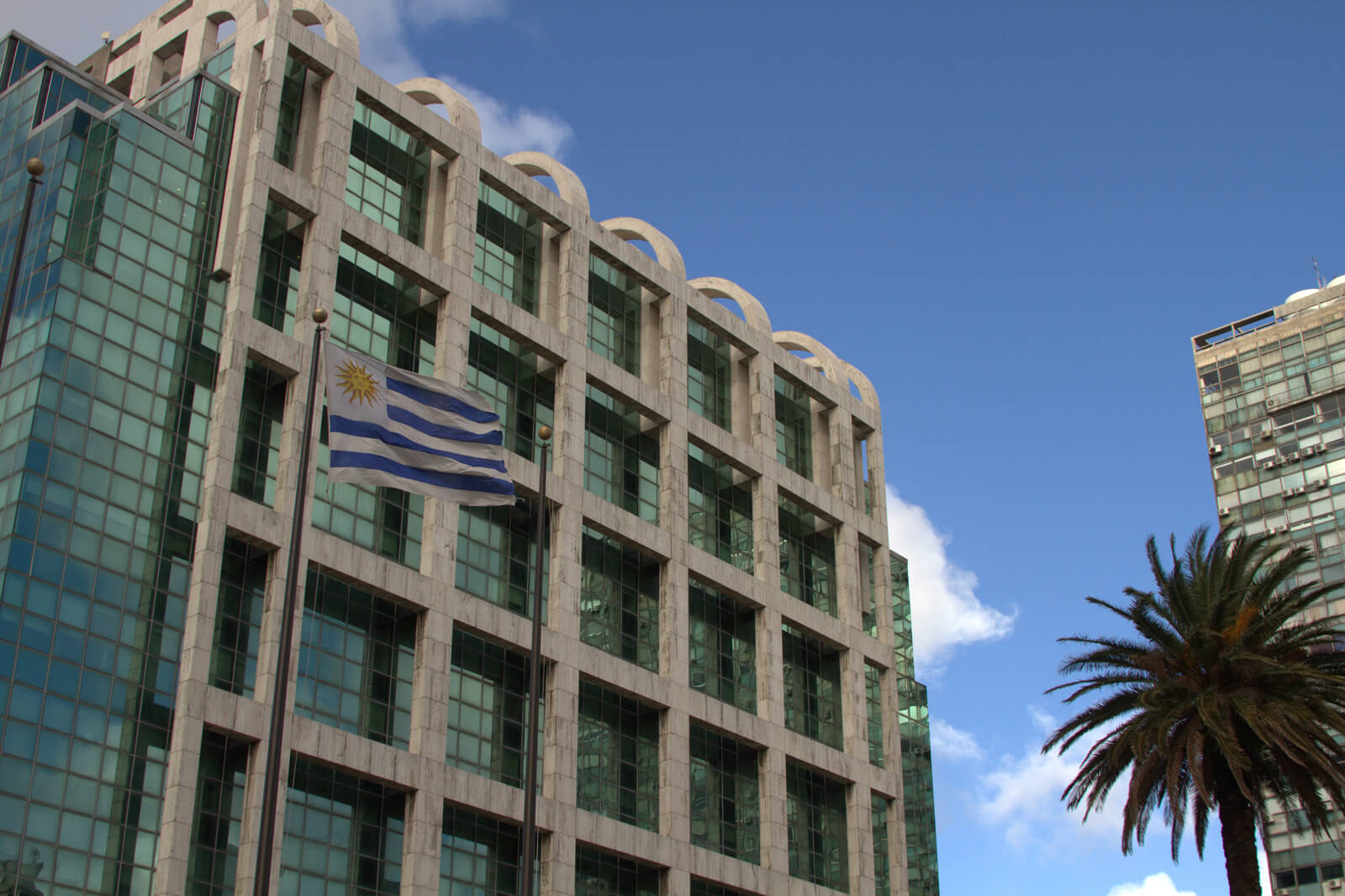URUGUAY, a country of opportunities:
Before launching an investment in Uruguay, it is important to understand the idiosyncrasy of the country. How do we as Uruguayans think? What do we value in a product or service? What expectations do we have of a company that arrives in our country? What risks or threats are there when disembarking in Uruguay? What constraints and opportunities do local regulations impose? What is the relevant public agenda for a new venture or business project? What are the ways to influence those who can interfere or facilitate business in the country?
Whoever decides to invest in Uruguay needs answers to these questions and thus avoid or correct mistakes, this will increase the probability of success in launching a new product or service in Uruguay.
Our trajectory advising companies in their communication and in the relationship with their different stakeholders, contributes to understanding local trends and influencing a series of scenarios favorable to their objectives with a personalized service.
URUGUAY, a cultured country and a mature democracy
With about 3.5 million inhabitants, strategically located between Brazil and Argentina, Uruguay is a country of opportunities. It was one of the founding members of Mercosur, the South American trade block that has a market of more than four hundred million people.
From its origin it is a country with an identity of its own. Its people, its culture, its institutions, the history of its democracy, and the lowest levels of corruption on the continent make it a reliable country to invest and develop business.
Uruguay has one of the highest literacy rates and the highest Internet coverage rates in the region. Furthermore, it occupies second place, globally, in the ranking of the national production of sustainable energy.
While Argentina and Brazil fight against inflation, corruption and violence, Uruguay has maintained growth levels even in the most critical moments for the regional economies.
Uruguay is recognized for having one of the most mature democracies in the region and the world, with one of the strongest and most stable social and political systems in Latin America. In 2018 it was the only country on the continent considered as “Full Democracy” by The Economist and it ranked first in the continent in several international rankings: the highest transparency index (Transparency International), the best quality of life in the region (Mercer), the best regional environment for political freedom and civil rights (Freedom House), the highest index of global prosperity (Legatum Institute) and one of the highest indexes of economic freedom (The Heritage Foundation).
In the Corruption Perceptions Index, published by Transparency International in 2018, Uruguay had the highest position among the Latin American countries. Uruguayans do not consider that there is corruption in the government, having Chile as the only country with a better performance in the region in the Global Peace Index.
Uruguay is an ideal location for the regional headquarters of international companies. A series of tax exemptions related to investment promotion, as well as social legal security and quality of life for its executives, have led to the installation of the regional headquarters of many international companies.

URUGUAY, an informed country connected to the world
Freedom of the press is one of the main pillars of Uruguayan democracy. Journalistic production is mainly concentrated in Montevideo and the most relevant media in the construction of the public agenda are the graphic and digital media El País, El Observador, Montevideo Portal, La Diaria and Búsqueda; the radio stations Emisora del Sol, Radio Sarandí, Azul FM and Radio Montecarlo; private television channels Canal 4, Canal 10, Canal 12, VTV and the public channel TNU. Uruguay ranks 19th out of 180 countries in the 2019 World Press Freedom Index, making it one of the safest countries in Latin America for journalists.
In 1852, the first National Census was carried out, when the country had just 132,000 inhabitants. The Instituto Nacional de Estadística (www.ine.gub.uy) is a reliable source of information about the country. Its work is complemented by a market of social and market research companies with more than 40 years of experience in the generation of valuable information for decision-making.
According to studies carried out in 2020, there was a record of 2,365,000 people with a smartphone and 93% of the population lived in homes where there was at least one of these devices. Currently, almost the entire Uruguayan population lives in households that have at least one device with Internet access.
Civil society has forms of organization that manage to influence public policies, in a productive manner that generates a social balance that is one of the pillars of the country’s political and social stability. Both the PIT-CNT, which is the most important trade union organization in the country, as well as the business chambers, are listened to and taken into consideration by the government and actively participate in the country’s public agenda.

URUGUAY, a stable economy with polite and friendly people
Livestock, forestry, agricultural production and tourism are the pillars of Uruguay’s economy. The services sector and especially the software industry also stand out.
Caring for the environment is enshrined in the Constitution, there are tax exemptions for companies, local as well as international, that use “clean technologies”, and since 2020 environmental policies have ministerial status.
Foreign direct investment is free of restrictions and there are no limits on the transfer of profits or the repatriation of capital. No distinction is made between local and foreign investment, and an international company can take advantage of exactly the same tax incentives and benefits that a local company can access.
Almost half of the population lives in Montevideo, the capital of Uruguay. With an educational system that achieves the highest levels of literacy in the region, Uruguayans are lovers of culture, gastronomy, wines, the arts and sports, especially soccer. Through Plan Ceibal, One Laptop per Child local program, 100% of children and adolescents in public education receive a personal computer free of charge from the government.

